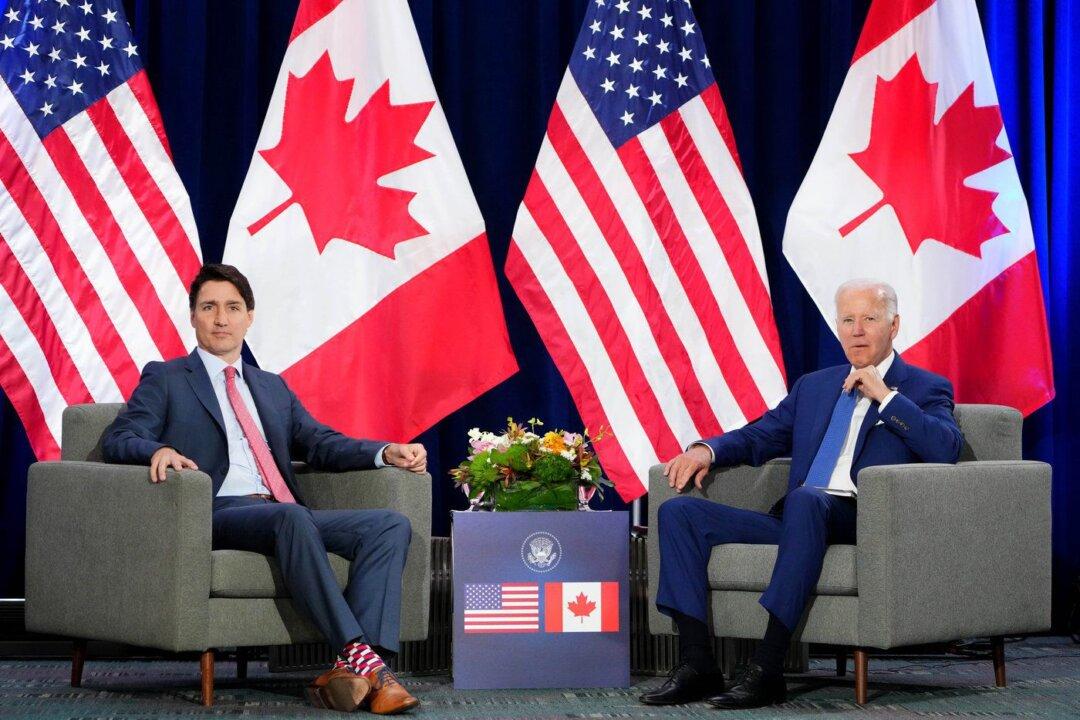When U.S. President Joe Biden visits Canada next week, topics up for discussion when he meets with Prime Minister Justin Trudeau include defence cooperation, ongoing efforts to support Ukraine, and “enhanced collaboration to address the synthetic opioid crisis that has devastated both countries,” according to a White House press statement.
During Biden’s two-day visit March 23 to 24, the two leaders will also discuss strengthening trade ties, building resilient supply chains, and advancing cooperation in the Arctic as they continue to “increase collaboration on defence and security, climate action, and immigration,” says a statement issued by Trudeau’s office.





